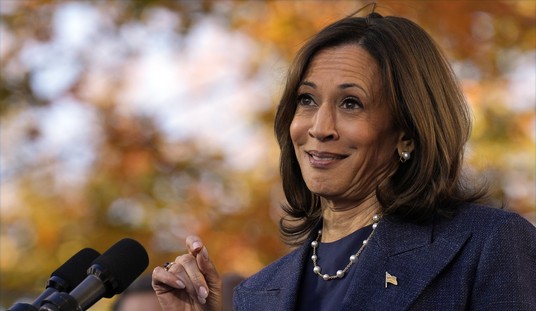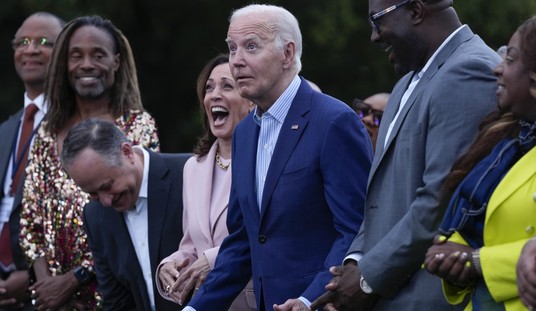Don’t miss Alana Goodman’s post at Commentary on the New York Times’ ‘environmental’ ‘reporter’ Andrew Revkin and his efforts to bury ClimateGate in November of 2009:
Some may argue that it’s unfair to criticize Revkin for his private comments, and point out that none of these emails on its own could be characterized as an egregious ethical lapse. Maybe. But combined, they point to a pattern. There’s also this: Revkin was the same Times reporter who refused to publish the first trove of ClimateGate emails in 2009, claiming they were off-limits because they were “private” conversations (a standard the paper evidently hasn’t applied to other leaked documents). He also dismissed the scandal as meritless.
As one of the leading national environmental reporters, Revkin had a huge amount of influence over whether the ClimateGate controversy went anywhere. He ended up doing all he could to snuff it out. Should the fact that he wasn’t just involved in the emails, but also seemed to portray himself as an ideological ally to the scientists, raise ethical questions about the Times’ coverage of the first ClimateGate? I’d say so. And maybe Revkin’s departure from the news section one month after the emails leaked in 2009 means that, internally, the Times thought so as well.
As I wrote in November of 2009 the Revkin’s motto back then seemed to be “All the News That’s Fit to Bury:”
Seeing as they each impact key pillars of what today passes for liberalism, there seems to be more than a few connections between the recent ACORN stings by Giles, O’Keefe and Breitbart, and the recent hacking of the emails of the University of East Anglia Climate Research Unit, or “Global WarmingGate”, as Charlie Martin dubs it elsewhere at Pajamas. Not the least is that they each sent the legacy media into full gatekeeper mode, hoping to prevent exciting, important news of current events from ever reaching their readers. Or perhaps, like the scandal last year involving John Edwards, sitting on the stories for so long, while making claims that they have to endlessly research them to verify their authenticity — Keep rockin’! — that when the legacy media decides to go “public” with news that everyone already knows, they can dramatically dilute the ultimate impact of these stories.
In September, we noted the L.A. Times’ hypocrisy when they wrote, “O’Keefe’s hidden-camera methods are distasteful, and the extent to which his videos were edited is unknown” — as opposed to the hidden camera videos run almost every week by their fellow liberal brethren on 60 Minutes since the show debuted on CBS over 40 years ago.
And as a nice sequel of sorts to our previous post on leftwing cognitive dissonance, Orrin Judd spots this staggering moment of hypocrisy from the New York Times’ Andrew C. Revkin of their “Dot Earth” blog on Friday:
The documents appear to have been acquired illegally and contain all manner of private information and statements that were never intended for the public eye, so they won’t be posted here.
And they don’t contain any obvious state military secrets as well, unlike say the Pentagon Papers during the Vietnam War or more recently, the secrets of War on Terror, or any of a number of other leaked documents the Times has cheerfully rushed to print.
But then, as we noted over the weekend, the Times was far from the only “objective” news source to “keep rockin'” when it comes to “global warming.”










Join the conversation as a VIP Member